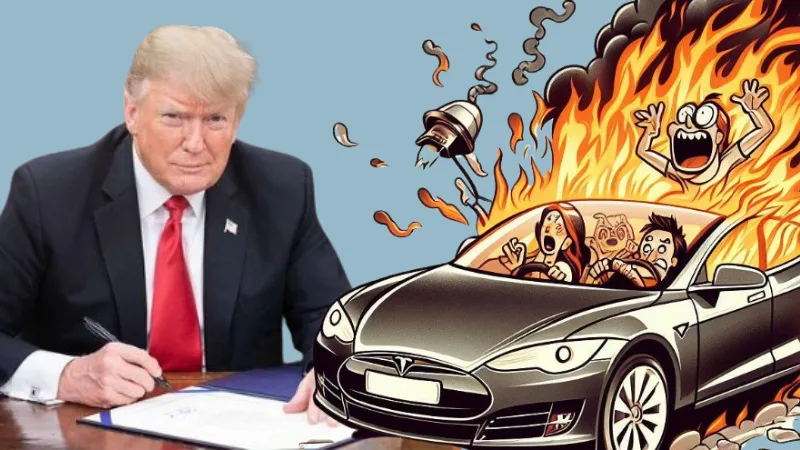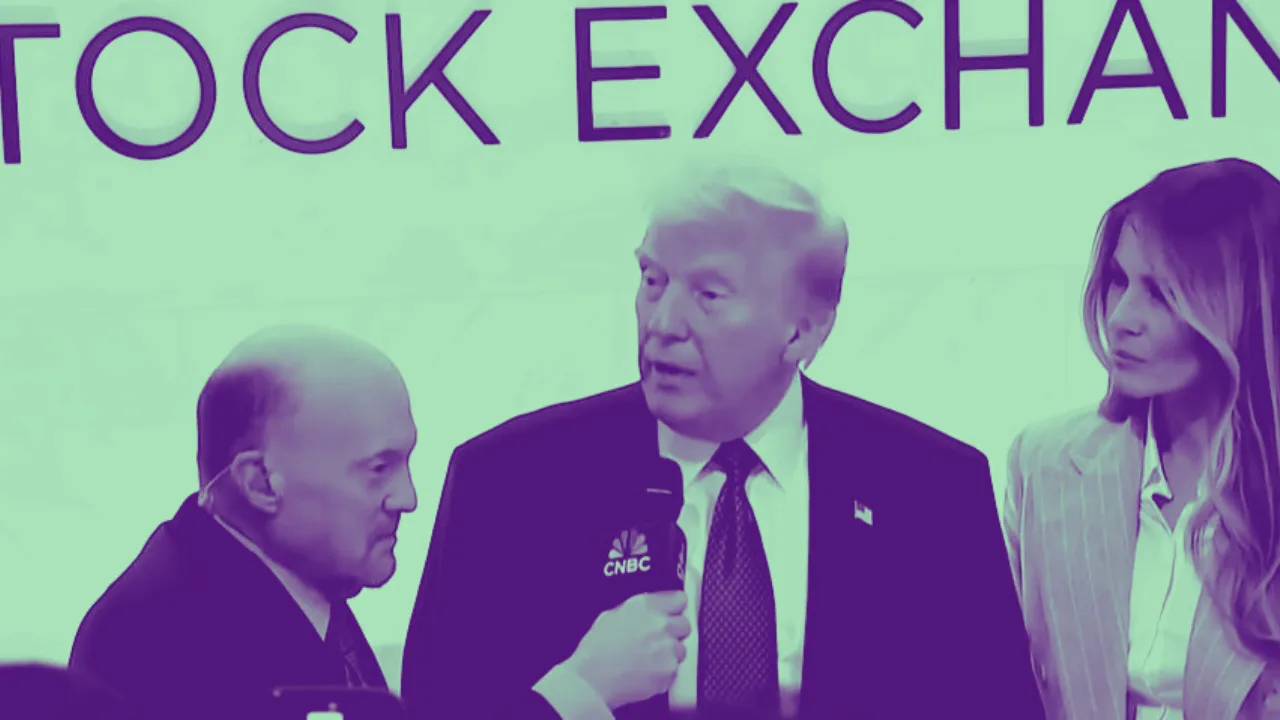In a significant policy shift, President Donald Trump has rescinded the Biden administration’s executive order that set a target for 50% of all new vehicle sales in the U.S. to be electric by 2030. This move, announced on January 20, 2025, reflects Trump’s broader strategy to promote fossil fuel production and reduce environmental regulations. The decision has sparked diverse reactions from policymakers, industry leaders, and environmental advocates, underscoring its wide-ranging implications.
Key Provisions of the Executive Order
President Trump’s order includes several key measures:
- Reversal of the EV Target for 2030
- The Biden administration’s directive, supported by automakers such as GM, Ford, and Stellantis, aimed to address climate change by transitioning to more sustainable transportation. Trump’s revocation eliminates this non-binding goal.
- Freeze on EV Charging Infrastructure Funding
- A $5 billion allocation for building a nationwide EV charging network has been frozen. This move halts further expansion of critical infrastructure needed for EV adoption.
- Review of EV Tax Credits
- Federal tax credits of up to $7,500 for EV purchases, designed to make electric vehicles more accessible, are now under review and may be eliminated.
- Emission Standards Rollback
- Stringent tailpipe emission standards set under Biden are being revisited, with a likely shift toward less restrictive regulations.
- Challenge to California’s Emission Waiver
- The Trump administration aims to revoke California’s ability to set its own emission standards, which include banning new gasoline-only vehicles by 2035.
Reactions from Key Stakeholders
President Donald Trump: “We are ending the electric vehicle mandate to save the American auto industry from complete obliteration,” President Trump stated during the announcement, signaling his administration’s focus on supporting traditional manufacturing and energy sectors.
Automotive Industry Analysts: Edison Yu, an analyst at Deutsche Bank, highlighted the potential benefits for traditional automakers, saying, “The easing of regulations on gasoline-powered cars under the new administration could benefit profit margins for companies like General Motors.”
Environmental Advocacy Groups: Environmental organizations have strongly opposed the policy reversal. In a collective response, they pledged to challenge the administration’s actions legally, stating that these measures threaten public health and exacerbate climate change.
Democratic National Committee: The DNC criticized the rollback, describing it as detrimental to both American workers and environmental progress. A spokesperson stated, “This decision is a step backward for the U.S. in global climate leadership and undermines efforts to create sustainable jobs for future generations.”
Economic and Environmental Implications
Supporters’ Perspective: Advocates of Trump’s decision argue that:
- Economic Feasibility: EV adoption remains cost-prohibitive for many Americans, and the market should dictate the pace of transition without federal intervention.
- Energy Independence: Emphasizing domestic oil and gas production reduces reliance on critical minerals sourced from foreign countries for EV batteries.
- Job Preservation: Rolling back EV policies may safeguard jobs in traditional auto manufacturing and fossil fuel industries.
Critics’ Perspective: Opponents warn that:
- Global Competitiveness: Scaling back EV policies could hinder the U.S.’s ability to compete with nations like China and European countries leading the EV revolution.
- Environmental Impact: Weakening emission standards and freezing EV incentives jeopardize progress in combating climate change.
- Missed Economic Opportunities: The EV sector offers significant potential for innovation and job creation in emerging technologies.
Broader Implications
The revocation of Biden’s EV target could create regulatory uncertainty for automakers, disrupt investment in sustainable technologies, and influence the U.S.’s standing in global climate negotiations. While some stakeholders see this as a necessary course correction to protect traditional industries, others view it as a major setback in addressing urgent environmental challenges.
Conclusion
President Trump’s decision to revoke Biden’s EV policies underscores a sharp pivot in America’s approach to energy and climate issues. With strong opinions on both sides, this policy shift will likely remain a contentious issue as its economic and environmental impacts unfold. Whether this move will bolster the U.S. economy or hinder its progress toward sustainability remains to be seen.





